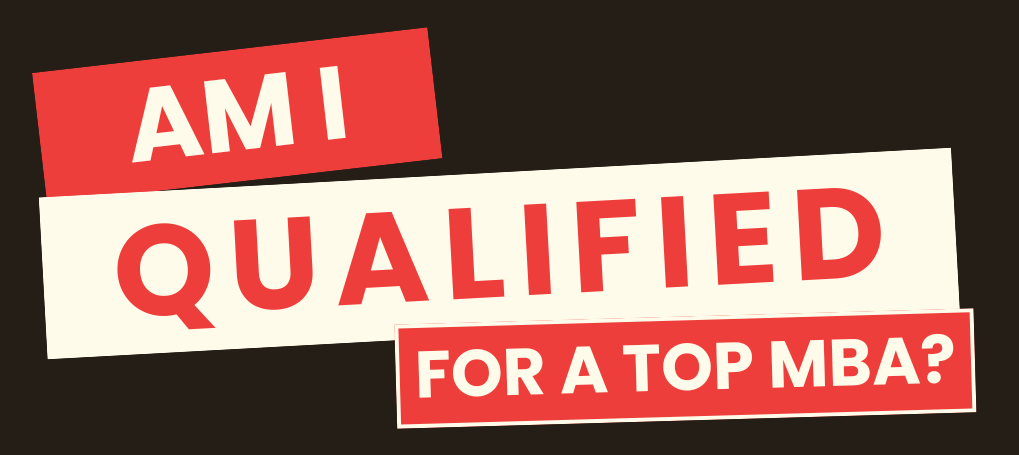At Menlo Coaching, we’re fans of the IESE Barcelona MBA program—located at the University of Navarra. Our co-founder, David White sat down with Pascal Michels, former director of IESE MBA Admissions (and now an admissions consultant here at Menlo Coaching!), to discuss the Barcelona location, the ideal IESE candidate, and what you need to know in order to be a successful applicant.
You can watch more from David and Pascal in their video covering Entrepreneurship & IESE.
Ready to start your application? Apply to IESE.
IESE Barcelona & the City of Barcelona
The IESE business school is one of two top programs in the city of Barcelona, the other being ESADE—a private, Jesuit institution across town at Ramon Llull University. What the two schools share is the unusual location in Barcelona. Many top MBA programs are located in thriving economic centers: London, San Francisco, New York, and Chicago. Barcelona is relatively underdeveloped by comparison.
While it may seem counterintuitive to list that as an advantage, Michels points out that the IESE business school does not have the typical applicants who are only attending a specific MBA program to try and get in with a particular industry. In having an underdeveloped economy, Barcelona attracts applicants who are drawn to its specific program highlights and its built-in moral values. This results in an aspirational and diverse environment where students are looking at a variety of positions in a variety of industries. This is reflected in its solid employment statistics, which as you can see on our IESE employment report page, are fairly evenly spread across consulting, finance, industry, and tech. This extra layer of diversity may give you an edge in having connections to a wide array of alumni and classmates.
It is also important to note that very few IESE MBAs come to the program having lived or worked in Barcelona previously. This places all the recently accepted applicants on more or less equal footing in understanding the market they have just entered.
The IESE Two-Year MBA
The other distinguishing feature of IESE within the city of Barcelona is that, being in a European market that favors one-year MBAs (à la INSEAD), IESE has, since its founding in the 50’s modeled itself on the two-year HBS program. Again, this may seem counterintuitive to tout, but one must look at its success in a hostile market. IESE continues to be a top-ranked, well regarded program, despite not offering the currently trendy one-year MBA. This commitment to not following fads is reflected in the myriad ways in which it has built itself on the HBS model in Europe and has remarkable staying power in building on that base and refusing to deviate at the mercurial whims of the market.
It is important to note that it began a slightly shorter 15-month program in Fall 2019, so IESE has not completely ignored the market for a shorter MBA program. But it retains an attachment to a longer form of education. This can be seen in its decision to skip the summer internship portion of the MBA in its 15-month format, thereby keeping the same number of courses, but reducing the load during any given semester.
The IESE MBA Global Mindset
In addition to Barcelona, there are also satellite campuses in Madrid, São Paulo, New York, and Munich. It also has an impressive list of associated schools: IPADE in Mexico City; IAE in Buenos Aires; PAD in Lima; AESE in Lisbon; INALDE in Chía, Cundinamarca, Colombia. IEEM Montevideo; LBS in Lagos; IDE in Quito; CEIBS in China; UA&P in Pasig City, the Philippines; ISE in São Paulo; ESE in Las Condes, Chile; MDE in Riviéra, Côte d’Ivoire; and SBS in Nairobi. As a result, IESE has moved from a Spain-centric outlook to a global mindset. While the home base for the MBA and its students is still very much the IESE Barcelona campus, there is definitely a movement toward a broader conception of the business world.
The entirety of the first year—three terms—takes place at the Barcelona campus. In the second year, you will have the option to do an exchange for the fourth and fifth terms. International modules are offered in New York, São Paulo, Nairobi, and Shanghai. This will allow you to internationalize your experience in a way that fits your goals while still feeling grounded on a single campus.
IESE One-Year vs. Two-Year Program
Michels insists that you will likely get more value out of the two year IESE MBA, because leadership skills take time. Specifically, Michels believes that leadership development is the result of growing self-awareness which can’t be tied to a single class, but must come to fruition in an environment where there is time to reflect. A two-year MBA provides that time. It is worth noting that Virginie Fougea, Admissions Director for INSEAD, is in agreement, as she told Menlo Coaching in a recent interview that the program’s one-year MBA is specifically not aimed at people who need downtime for reflection.
Michels also notes that the summer internship can work as a “cooling mechanism” in the midst of the two-year program, giving you the time to put your learned skills into action before returning to the classroom. In his words:
“You go back out, you explore, you see what happens after this first year. You bring that knowledge back into the classroom and we give you flexibility and the ability to put your effort more deliberately on those dimensions that you want to develop.”
–Pascal Michels, former IESE Admissions Director
It is also worth noting that the two-year program affords you time to get real-world experience during the summer internship and with case-study methods during your second year. As a result, if you are anticipating changing careers, employers may be more willing to justify signing you, given that you have had some career experience during the MBA.
See more from our interview with Pascal: How to Impress the MBA Admissions Committee


